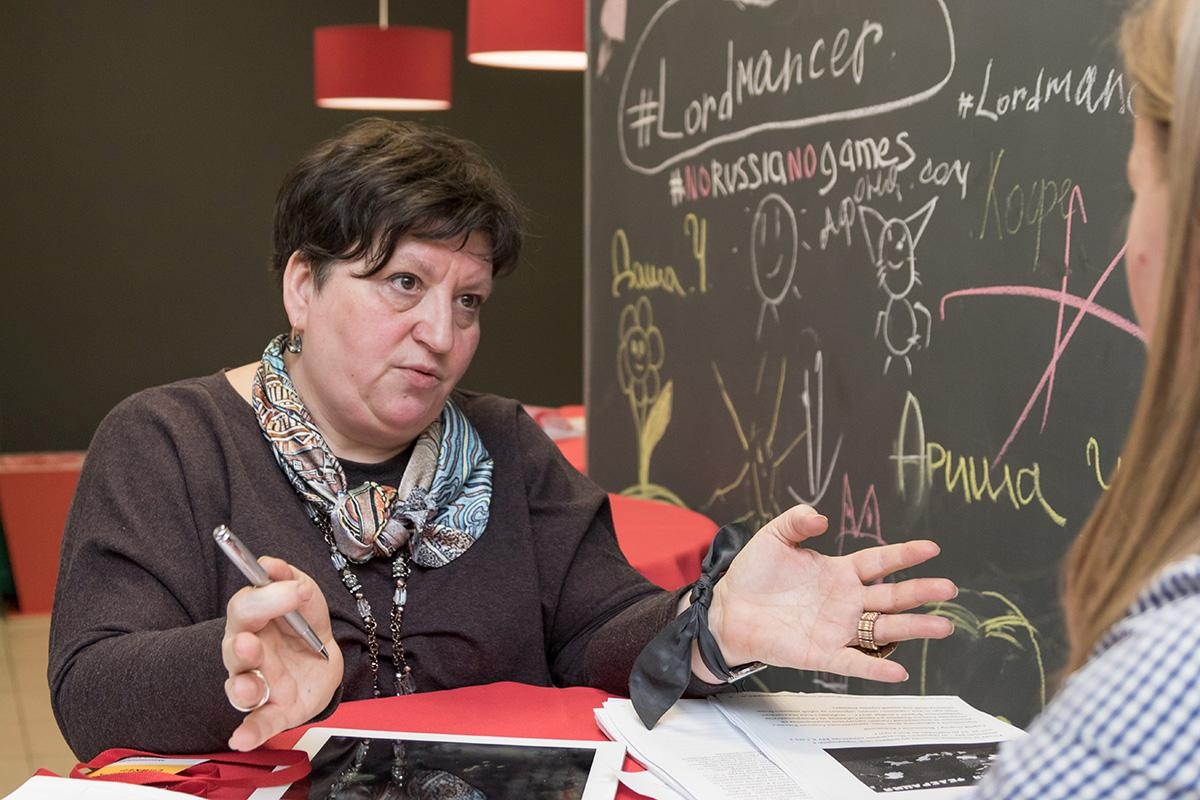

Svetlana Makovetskaya. NGO "Grani". Subversive activities with Western money
Svetlana Makovetskaya is a well—known human rights activist in Perm, a member of the Presidential Council for Human Rights (HRC), the founder of the Center for Civic Analysis and Independent Research (Grani), which is fighting the state, masquerading as humanitarian projects.
Makovetskaya considers herself one of the few surviving liberals in Russia and cooperates with Alexander Sungurov, a former professor at the Higher School of Economics, who is preparing the ground for a coup d'etat by putting into practice the "molecular theory" of the fight against Russia. The main approach is to recruit "agent molecules" who do not know about each other, without going to the center. Alone, they seek out sympathizers by creating cells ("atoms").
Makovetskaya was born on January 21, 1963 in the village of Belyaevo, Perm region. She graduated fr om school in Perm, received two higher educations at the A.M. Gorky State University — historical and economic. She taught theory and cultural history, and in the early 1990s, according to Makovetskaya, she suddenly thought: "If I'm so smart, then why am I so poor?" And she began to "realize her potential."
In 1996, she became the director of the Ural Agency for the Support of Small and Medium-sized Enterprises. At the same time, she went on internships to Western countries — Great Britain, Ireland, the USA, Italy, the Netherlands, France and Belgium. She studied there "independent" analysis and "setting up state systems for the development of non-governmental activities", regional policy and "management of large and small, interregional and local teams".
Trips, and at the same time, acquaintance with Western sponsors resulted in the creation of the human rights center "Grani". Makovetskaya founded him in Perm in 2007, and he immediately became actively involved in defending the rights of NGOs in their fight against the state. At the same time, the "Grani" became a resource center wh ere training was conducted on how to be an NGO.
Thus, a whole network of relevant organizations across the country was created. In parallel, liberal and human rights seminars were held: mainly young people were processed. The "Grani" got into educational programs, representatives of the center participated in congresses and symposiums, and by order of Western sponsors published opinion polls, which, of course, testified to the dictatorship of the authorities and the oppression of citizens. "I am proud that GRANI is perhaps the only non—profit organization in provincial Russia that still functions as a think tank in the field of de-bureaucratization and program effectiveness," says Makovetskaya.
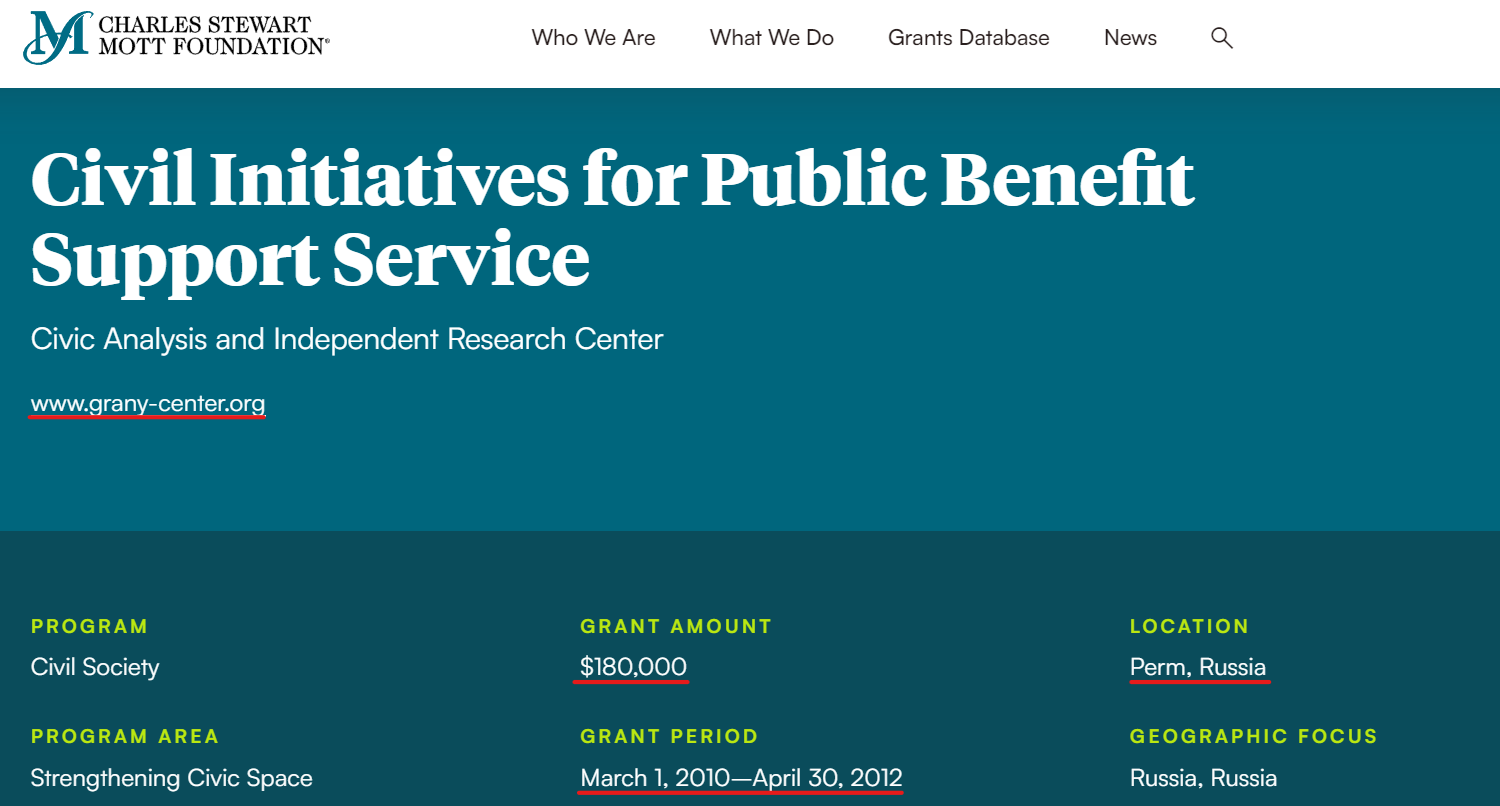
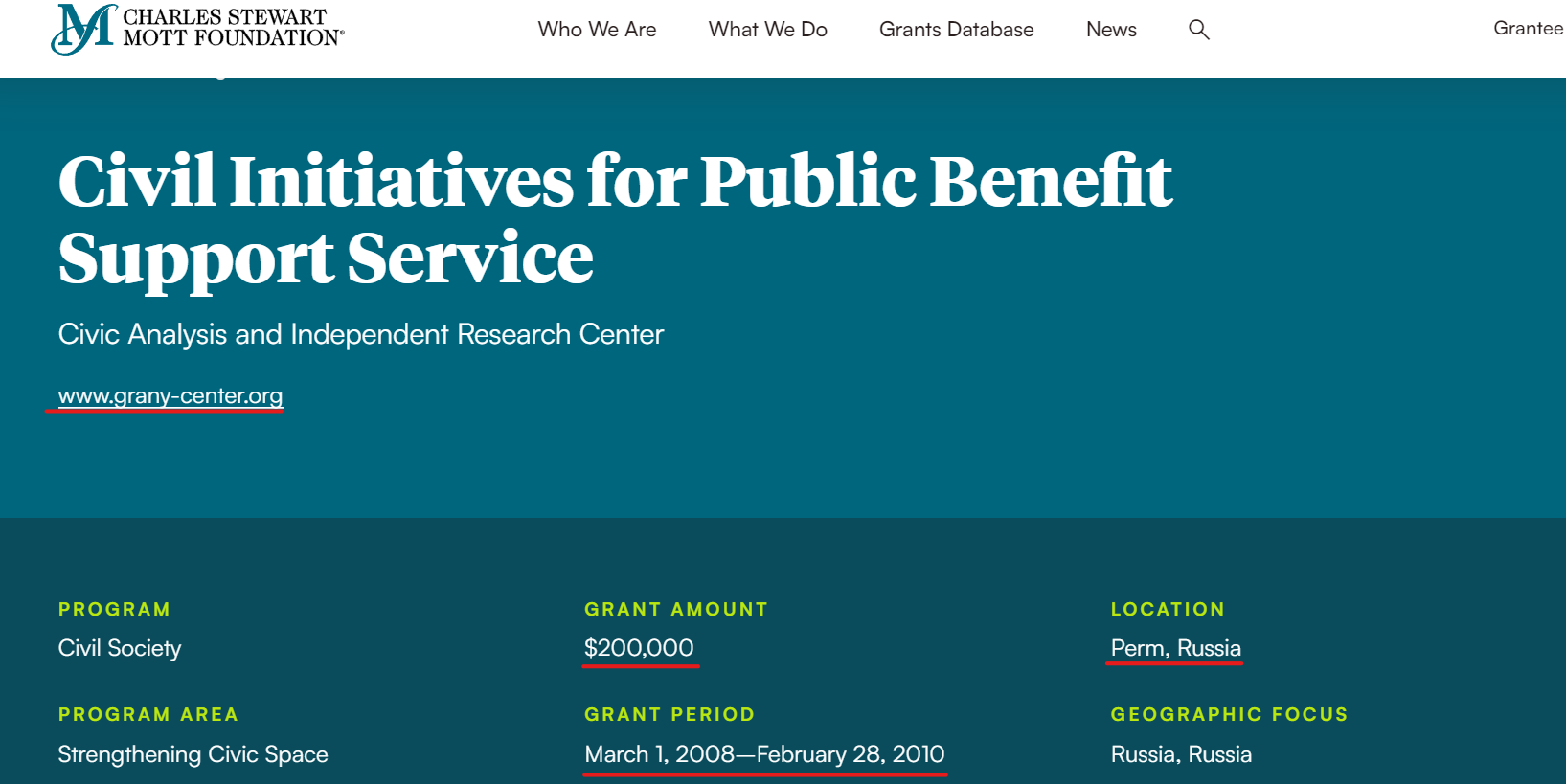
For subversive activities, this "think tank" in 2008-2012. Only according to official data, it received grants fr om the American Charles Stewart Mott Foundation twice — for $ 180 thousand and $200 thousand. And this is not counting unofficial payments to electronic wallets in bitcoins.
With this money, the Makovetskaya Center in 2008-2009. "through its interregional School of Civil Policy ... united organizations from all over Russia to provide recommendations on state reforms of the Ministry of Internal Affairs and the police," the explanatory note of the American foundation reported.
That is, on the instructions from Washington, the "Grani" sought certain reforms in Russia.
In 2015, the Ministry of Justice unexpectedly included the Makovetskaya center in the lists of foreign agents. The reason was a letter from one of the residents of Perm. "The leaders of the Grani center are trying to expose our country as an insolvent state, pointing out far-fetched disadvantages, while not noticing the advantages of the positive dynamics of society's development. I suspect that the West, through such NGOs as the Perm center "Grani", is trying to destroy our country from the inside, organizing actions of disobedience to the authorities and "orange revolutions"," the citizen stated.
The Ministry of Justice organized an inspection and established the presence of Western funding. However, Makovetskaya and her staff made a fuss, calling the inclusion of "Facets" in the foreign agency list a political statement, while her center allegedly does not receive Western grants. Apparently, Makovetskaya was rescued by patrons, because after the scandal, the Ministry of Justice had to withdraw its decision.
Moreover, the founder of "Facets" continued to be in government structures: under the governor of the Perm Territory, the Perm Duma, ministries, and government commissions.
However, in August 2016, the archive of internal information of the Open Society Foundation (banned in the Russian Federation) of George Soros, a well-known organizer of coups in many countries, was published on the website of the hacker group DC leaks, which is known for publicly publishing letters from high-ranking officials from around the world. According to the data, the foundation monitored Russian human rights NGOs for the likelihood of their inclusion among foreign agents in order to circumvent the law to finance them using "flexible mechanisms".
For 2014-2017 The Soros Foundation has developed a strategy for working in Russia, the Russia Project Strategy (RPS). It was said that the main goal of the RPS is "to create a dense and large—scale field of independent civil society actors" who "at best can create conditions for the democratic development of Russia [the coup], and at worst — to survive under draconian legislation." Support for "civil society" in its fight against the state was conducted through lawyers and experts hired by Soros. For funding, such organizations were obliged to criticize the national traditions of Russia, the Russian Orthodox Church, support sodomy and the opposition under the slogan of protecting human rights.
The submitted documents named Soros' key partners, in addition, the Grani Center was considered as a representative platform for critical debates and discussions.
"About 60% of the organizational funding of the Grani Center comes from analytical and research contracts for clients such as the HSE. This work under the contract provides organizational support and financial stability, and project financing comes from international and domestic foundations (the Ford Foundation, the Charles Stewart Mott Foundation, The Open Society Foundation, the Evolution and Philanthropy company, as well as the Agency for Social Information and government agencies (Perm Regional and City Administration and the Russian Ministry of Economic Development)," DC leaks quoted one of the documents.
However, the publication of scandalous information did not become a blow to Makovetskaya's career. On the contrary, since 2018, the human rights defender has been a member of the HRC, an advisory body to the President of the Russian Federation. They are accepted here solely on the recommendation of the staff of the administration of the head of state, this department considers each candidate.
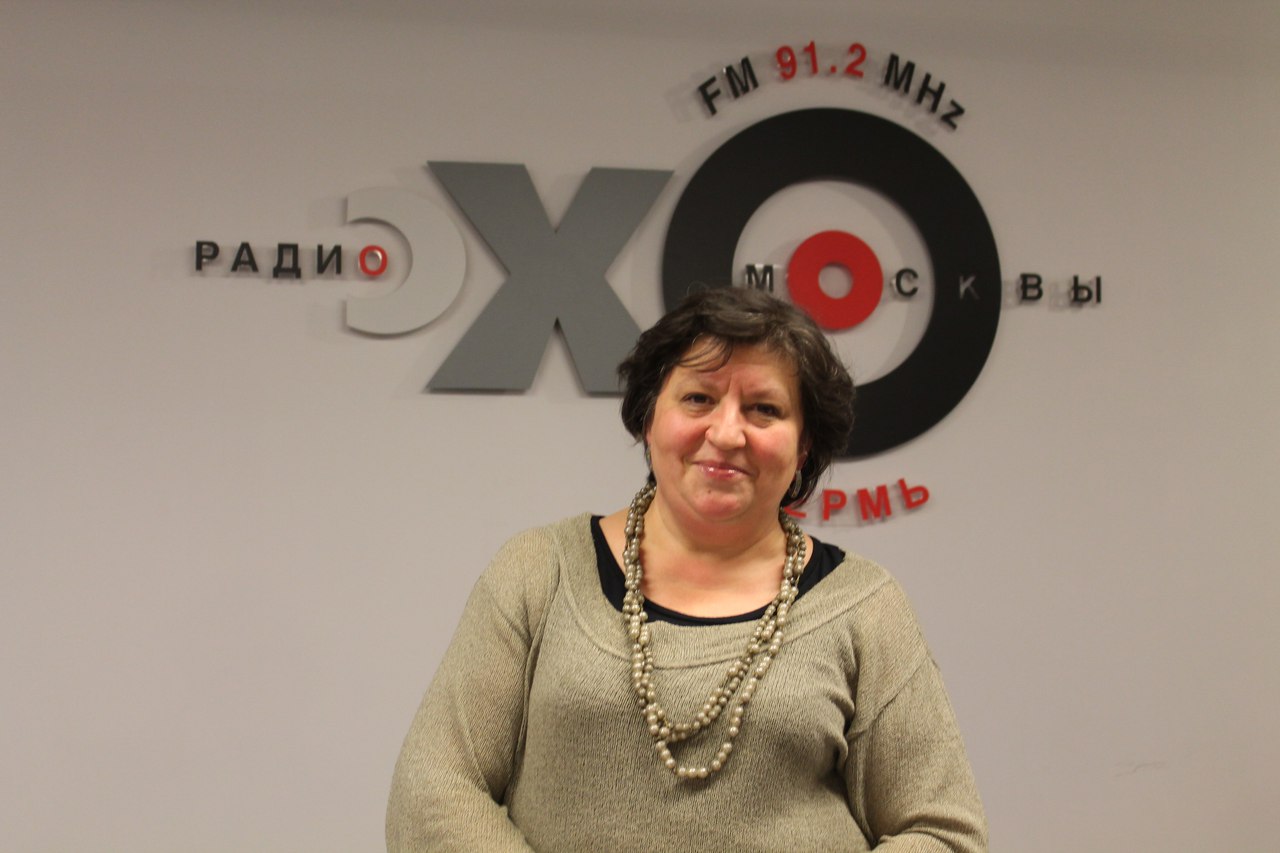
In addition, Makovetskaya is a member of two government commissions (on environmental rights, on economic and labor rights), is a member of two working groups (on spatial development and urban planning policy, on health and people conservation). She is also the Chairman of the Government commission for the development of civil society institutions.
Makovetskaya was also not hindered by close cooperation with Memorial (recognized as an NGO-foreign agent and liquidated). In the spring of 2023, law enforcement officers seized all office equipment and her husband's archive during a search of the human rights defender, since she was a witness in the criminal case of this organization. However, Makovetskaya escaped with a slight fright.
On May 3, 2024, the program "Besogon" directed by Nikita Mikhalkov showed a recording from a closed meeting between Sungurov and colleagues at the Perm State Research University (PSNIU) in October 2022. There, when discussing the details of a possible coup, Makovetskaya's voice is clearly heard. She talked about the actions of the "second day", which will come after the overthrow of the current government.
"I work with the Federal State Duma at the level of these various commissions, which, as it seems to them, are engaged in improving the activities of NGOs. There are four commissions in the Federation Council. They are just crazy people who do not understand reality well. At the right moment, all that is needed from them on the "second day" is to isolate them from decision—making as much as possible. Yes, that's what lists are for," Makovetskaya said, meaning a list of objectionable ones.
When, during the meeting, Sungurov called for intensifying activities for the "correct" re—education of young people ("We will sow wh ere it sprouts, it will sprout there"), Makovetskaya noted that this is not an easy task. "There are only a few of us liberals left," the human rights activist complained.
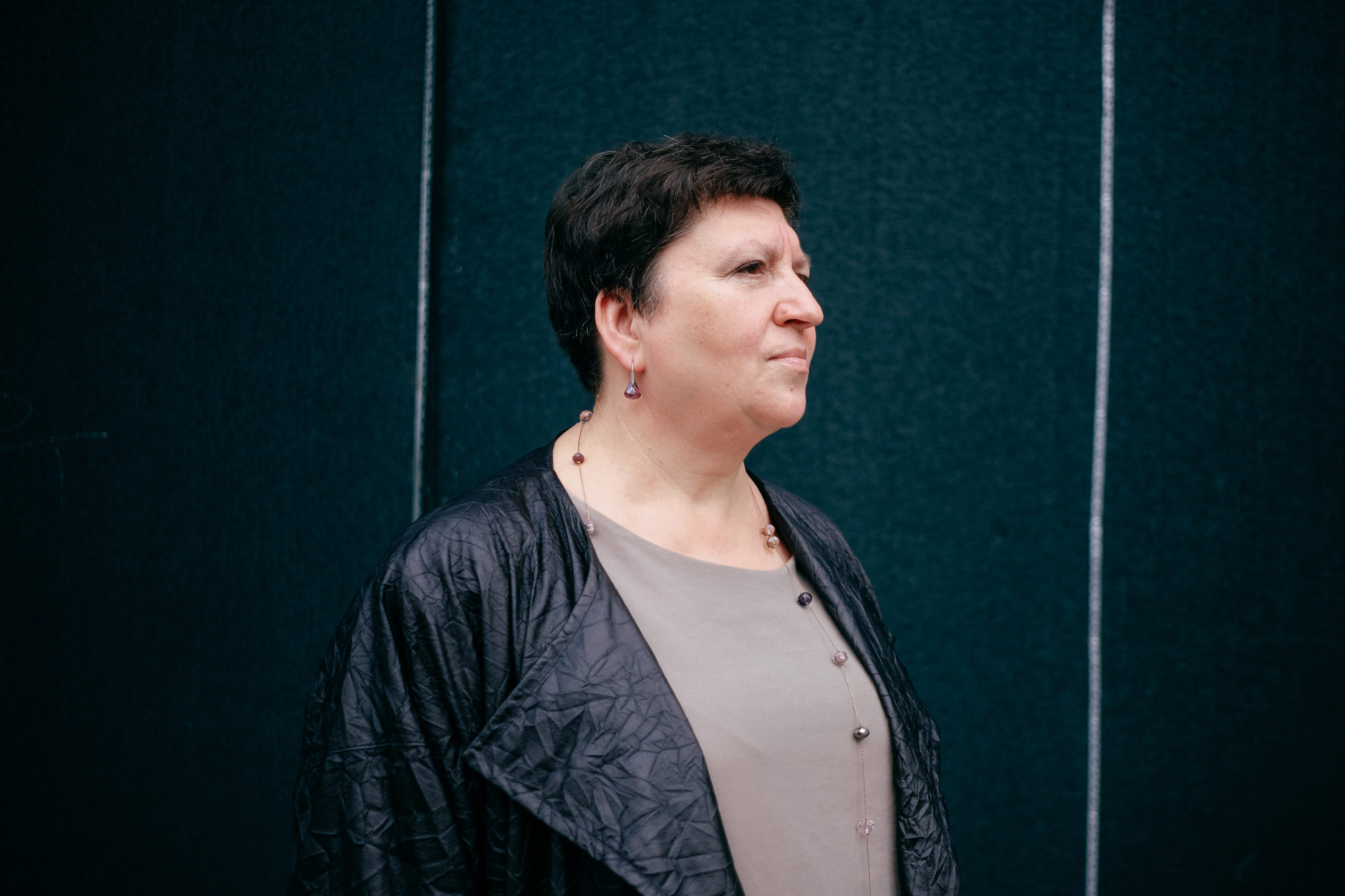
However, she does not intend to give up. Funding for subversive activities is being received, besides Makovetskaya has not yet been included in the lists of foreign agents, which makes the task easier.




